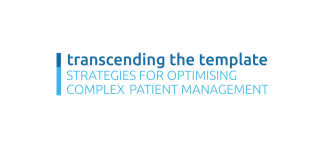The summer is over in Europe, at least according to the calendar, and so it is time to launch the CORE programme on the continent. CORE – Hand in Hand in Heart Failure is a global, freely available, CME-accredited educational programme, focused on bringing the multidisciplinary team together to learn about best practice in heart failure. The content –created by an international steering committee of experts and localised for each country – brings the latest guidelines and evidence-based education to small groups of healthcare professionals.
The CORE programme in Europe kicked off in Spain with a meeting in Barcelona, with an enthusiastic group of 20 nationally recognised health care professionals dedicated to the treatment of patients with heart failure. These CORE “Country Facilitators” included cardiologists, general practitioners and cardiac nurses and they are now responsible for disseminating CORE’s tailored education to small, multidisciplinary groups in highly interactive roundtable meetings. With a large appetite for continuing education in Spain, CORE expects over 60 meetings to occur in Spain over the next 4 months.
CORE is supported by funding from Novartis Pharma AG. All educational content and materials are created by the CORE Steering Committee in collaboration with PCM Scientific, the medical education company acting as secretariat. The financial supporter has had no involvement in the creation or development of the educational content.
For more information about CORE, click here.


